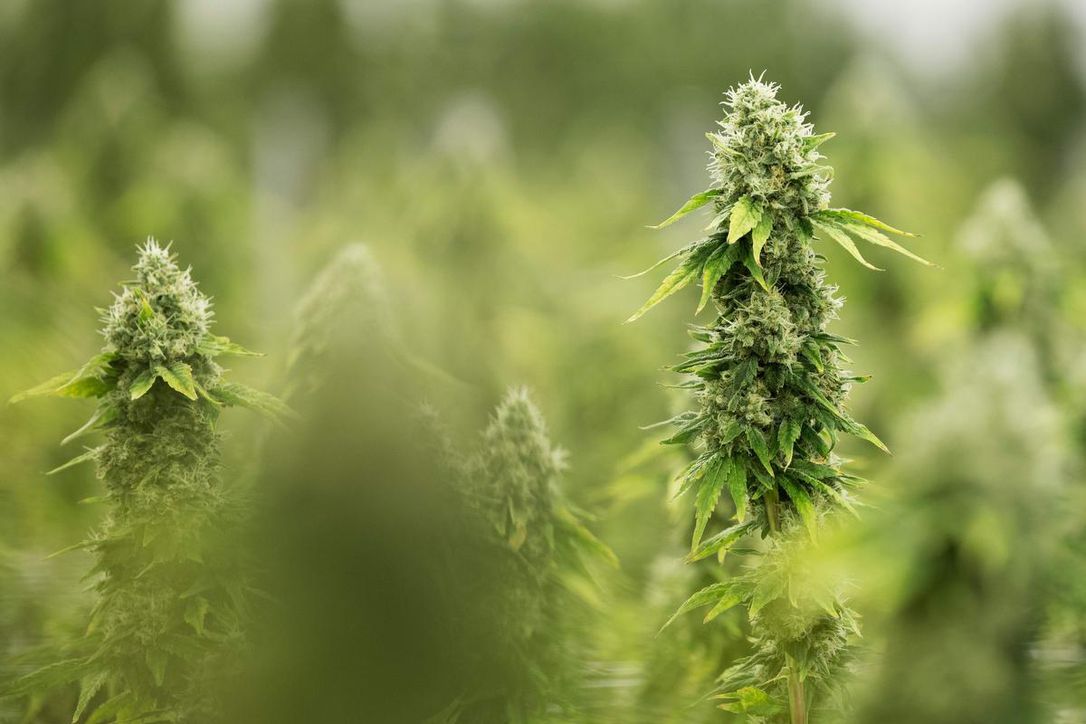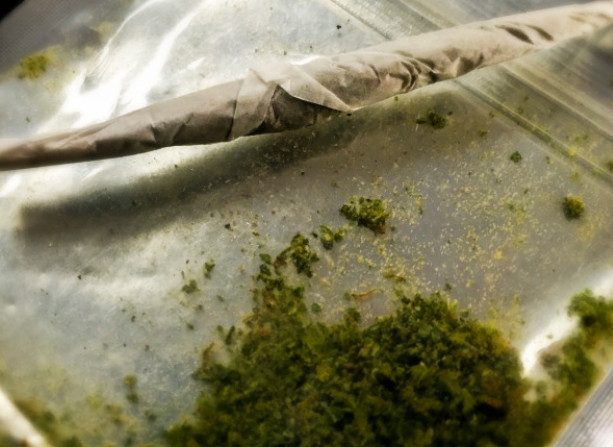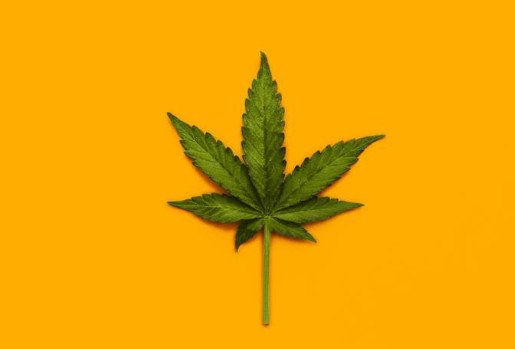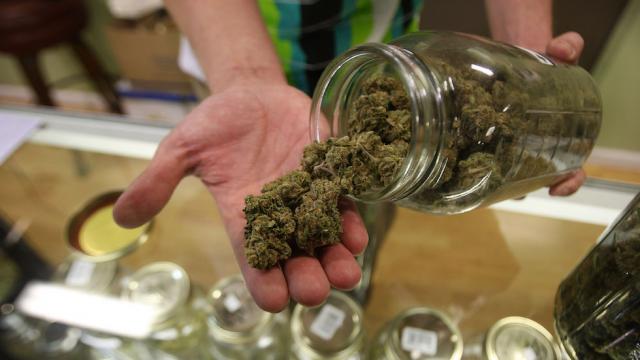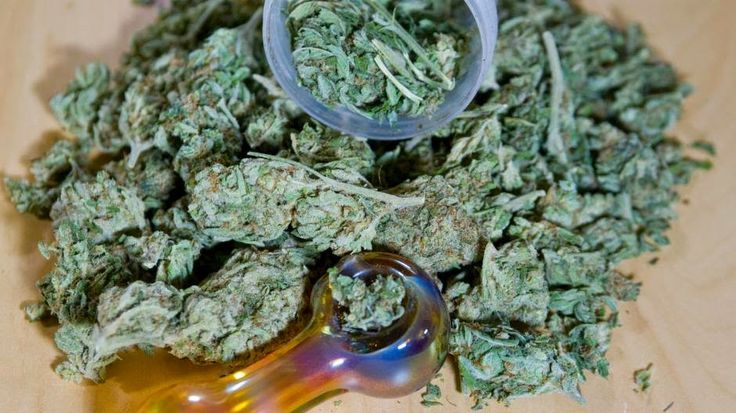VANCOUVER—The mail-order cannabis industry is expected to grow by leaps and bounds once legalization officially takes effect, with one report projecting that more than a third of recreational users will turn to online purchasing after Oct. 17.
And restricting young peoples’ access to the drug is one of the central, explicit goals of the Canadian government taking over what, for decades, has been a largely illicit market. But opening up cannabis access to all Canadians of legal age is raising concerns about whether pot deliveries will provide young people with a workaround to the mandatory ID checks at storefront retailers.
Marc Paris, executive director of Drug Free Kids Canada, said his organization feels a number of questions have yet to be answered about how cannabis will be kept out of the reach of Canadian kids.
“With the impending legalization of recreational cannabis there are many potential risks to our youth,” he said in an email, adding postal delivery is one of his top concerns. “How secure is the (delivery) system? Will they be dropping it at the door like Amazon?”
The federal government itself acknowledges that youth use and misuse of cannabis is an issue in the country.
“Canadians continue to use cannabis at some of the highest rates in the world,” reads a statement from the government’s website. “In 2015, 21% of youth … reported using cannabis within the last year,” reads a statement on a federal government webpage.
But the B.C. Liquor Distribution Board, which will control all online recreational sales of cannabis in the province, says a raft of measures have been put into place to frustrate youth access to weed.
Age verification is one primary deterrent, said BCLDB communications manager Viviana Zanocco.
Recipients of mail-order cannabis will be asked to show valid identification at the point of delivery, Zanocco said, while consumers will also be required to enter identifying information during online ordering. Additionally, a third-party delivery service trained in federal protocols around age verification will be responsible for moving cannabis packages from the BCLDB warehouse direct to customers around the province, she said. These customers will be required to produce valid identification before a package is released into their possession.
The packages themselves, Zanocco added, will be sealed in odour-proof, tamper-evident containers. And “just as (with) any other item a consumer might purchase online, the exterior package would have no indication of the contents.”
Medical cannabis has been legal for delivery since 2001, since the “Marihuana Medical Access Regulations” (MMAR) were first implemented. This legislation enabled Canadians approved by a health care practitioner for medical cannabis use to either grow their own pot, designate someone to grow it on their behalf or purchase it from a Health Canada approved supplier (which would then be delivered to them).
Philip Legault, a spokesperson for Canada Post, wrote in an email that the Crown corporation “has been delivering medical cannabis safely since 2013.” (Many legal medical cannabis providers have, for many years, used private delivery services such as Purolator).
Canada Post employees, Legault wrote, are also currently undergoing training around safe delivery of recreational marijuana. These include ensuring, for instance, that packages which smell strongly of cannabis are not delivered until the conspicuous odour can be controlled. This particular measure, Legault suggested, is meant to deter identification of any package as containing cannabis.
All cannabis shipments will also be fully trackable, Legault wrote, meaning that a customer can see where the package is located along the delivery chain and know when it will be arriving at her door. Proof of age, he added, will also be mandatory.
Some Canadian parents, however, are less concerned about online access than about peer access in general.
Michael Bramwell, a Vancouver father who works in law enforcement, said kids tampering with online cannabis deliveries is certainly no more pressing a concern than whether young people share cannabis they’ve obtained from the black market, with little understanding of its potency.
And while he is concerned by the idea of a child secretly making an online cannabis order on a parent’s credit card, Bramwell said that particular issue has largely to do with parenting, and might be mitigated by open, frank conversations around substance use and misuse.
Those tough conversations that all parents face, he added, are necessary regardless of the legal status of a drug. Kids often share drugs or alcohol they’ve obtained illegally, said Bramwell, adding that if his child were to experiment, he’d rather it be done in a safe environment with an informed understanding of what to expect.
“If you’re restrictive, (kids) are gonna go behind your back,” Bramwell said in an interview in August. “Kids are still getting drunk at bush parties. Or when they do hit (legal) age, they’re going to go buck wild, and go too crazy.”
Bramwell emphasized that he does not feel as if there’s nothing to worry about. Rather, he hopes legalization will take some of the glamour of taboo out of cannabis use, and make safe, educated engagement with drugs an easier topic for families to broach.
“(The) prohibitive mindset is not the best way to handle parenting,” Bramwell said. “With anything. Including marijuana.”
Perrin Grauer is a Vancouver-based reporter covering Canada’s cannabis economy. Follow him on Twitter: @perringrauer

